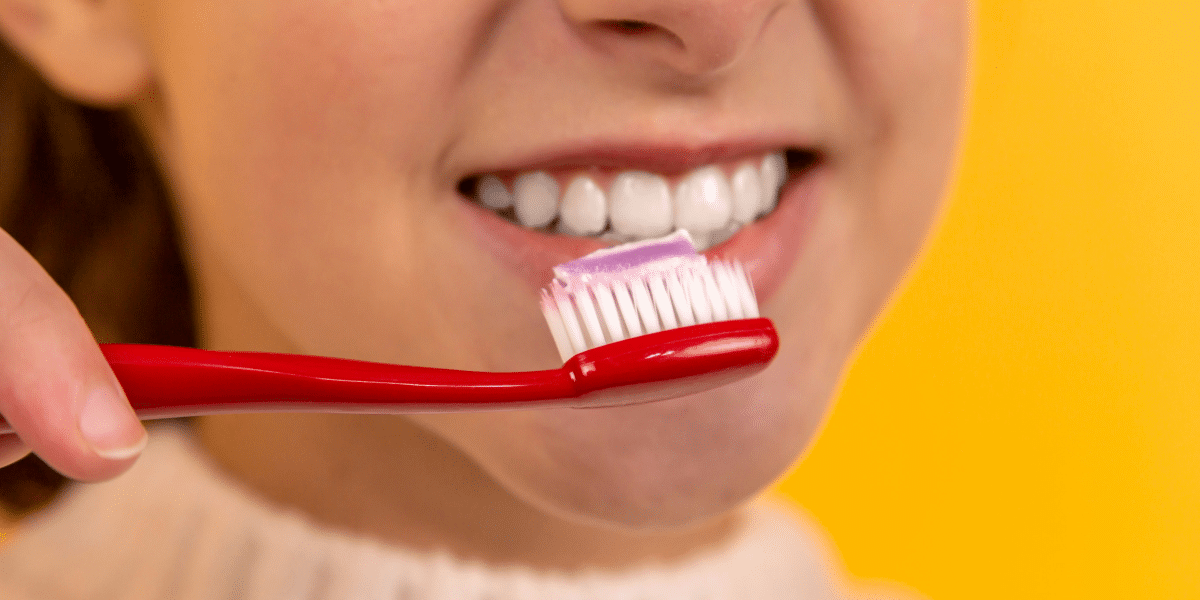The first visit to the dentist is a significant milestone in your child’s health journey, but knowing the right time for this initial appointment can be confusing for many parents. Dr. Sukrit Grewal, a leading pediatric dentist, offers expert guidance on when and why to schedule this crucial visit, emphasizing its importance in laying the foundation for a lifetime of healthy smiles.
The Recommended Age for the First Visit
The American Academy of Pediatric Dentistry (AAPD) recommends that children see a dentist by their first birthday or within six months after their first tooth emerges. According to Dr. Sukrit Grewal, this timeframe is crucial for several reasons. First, it allows the dentist to check for early signs of tooth decay and other potential issues that could affect the child’s oral health. Second, it’s an opportunity to establish a dental home where the child feels comfortable and safe, promoting positive attitudes toward dental care that last into adulthood.
Why Early Dental Visits Matter
Early visits to the dentist go beyond just checking for cavities. They are an integral part of your child’s overall health care. Dr. Grewal points out that these early assessments can identify small problems before they become more serious, saving time, money, and discomfort down the line. For instance, habits like thumb sucking or bottle feeding at night can affect the development of a child’s teeth and jaw. Addressing these habits early can prevent or minimize orthodontic issues later.
Moreover, these visits allow parents to learn about proper oral hygiene practices for their children, including brushing techniques, fluoride needs, and dietary recommendations. Dr. Grewal emphasizes that education is key to preventing dental problems and instilling good oral health habits from an early age.
Preparing for the First Visit
Dr. Grewal suggests a few strategies to make the first dental visit a positive experience for both the child and the parent. Firstly, try to schedule the appointment at a time of day when your child is usually well-rested and cooperative. Explain the visit in simple, positive terms, avoiding any language that might cause fear or anxiety.
Bringing along a favorite toy or book can also help your child feel more comfortable in the new environment. Dr. Grewal and his team make a special effort to create a welcoming atmosphere for young patients, using child-friendly terminology and showing them the tools and equipment in a non-threatening way.
What to Expect During the First Visit
The first dental visit is usually short and involves very little treatment. This visit gives your child an opportunity to meet the dentist in a friendly, non-threatening way. Dr. Grewal explains that the initial appointment often includes a thorough examination of the teeth, jaw, bite, gums, and oral tissues to monitor growth and development. Depending on the child’s age and cooperation level, a gentle cleaning might be performed, which includes polishing teeth and removing any plaque, tartar, and stains.
Perhaps importantly, this visit is a chance for parents to ask questions and raise any concerns they might have about their child’s oral health. Dr. Grewal encourages parents to use this opportunity to discuss any issues, from teething to thumb-sucking, to ensure they leave the office with a clear understanding of how to care for their child’s teeth.
Establishing a Dental Home
Dr. Grewal stresses the importance of establishing a “dental home” by the time your child is one year old. A dental home is not just a physical location but a comprehensive, continuously accessible, coordinated, and family-centered way of providing dental care. Having a dental home means your child is more likely to receive appropriate preventive and routine oral health care. It’s the beginning of a relationship built on trust between the dental team, the child, and the parents, contributing to a lifetime of positive dental visits and oral health.
The Long-term Benefits
Regular dental visits from a young age help children become accustomed to the dental office environment, reducing anxiety and fear. Dr. Grewal notes that children who start dental visits early are more likely to have a favorable outlook towards dental care throughout their lives. They learn that the dentist is a friend who helps them keep their teeth strong and healthy.
Moreover, early dental care sets the stage for good oral hygiene habits. Children learn the importance of taking care of their teeth, which can lead to fewer cavities and dental issues as they grow.
Final Remarks
The key to a lifetime of healthy smiles is early and regular dental care. By following Dr. Sukrit Grewal’s advice on scheduling your child’s first dental visit, you’re not only protecting their oral health but also instilling positive attitudes towards dental care that will serve them well for years to come. Remember, the goal is preventive care, not reactive care. Starting dental visits early is an investment in your child’s health that will pay dividends for a lifetime.
Published by: Khy Talara








